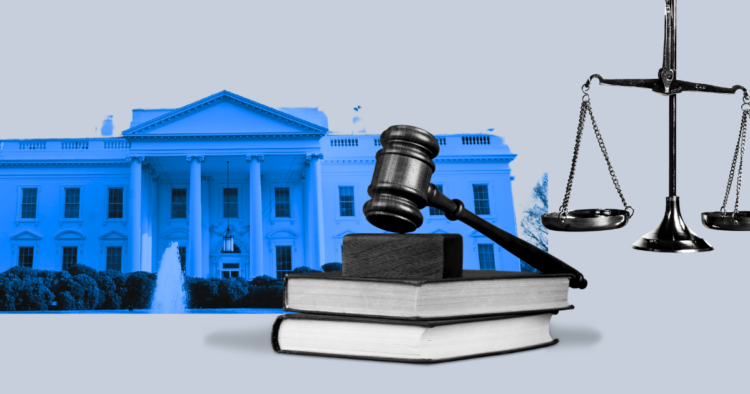The 2024 U.S. Senate election in Massachusetts is emerging as a significant and fiercely contested battle, setting itself apart from previous races. This time, a unique factor is at play: the involvement of cryptocurrency leaders who have publicly thrown their support behind Republican candidate John Deaton. Deaton is challenging incumbent Elizabeth Warren, who is striving for her third consecutive term. Notably, Brian Armstrong, the co-founder of Coinbase, has urged Massachusetts voters to back Deaton.
Why Is Warren Facing Backlash?
The crypto community has increasingly turned against Warren due to her perceived role in appointing Gary Gensler as chair of the U.S. Securities and Exchange Commission (SEC). Under Gensler’s leadership, the SEC has taken stringent legal actions against major cryptocurrency companies. Armstrong has accused Warren of encouraging Gensler to adopt a hardline approach, suggesting that she supports a government-controlled financial system. This perspective has resonated with many in the crypto sector, leading to a call for change.
Agreed – Massachusetts residents should vote for @JohnEDeaton1. Crypto holders in MA should realize @SenWarren is the one who got Gary Gensler his job and encouraged him to (unlawfully) try and kill the crypto industry in America. Luckily they did not succeed as we and others…
Armstrong’s criticism is echoed by other influential voices in the crypto community. A renowned crypto attorney, known as MetaLawMan on social media platform X, has also urged Massachusetts voters to support Deaton, strongly denouncing Warren’s stance against the cryptocurrency sector.
If you live in Massachusetts you should vote for @JohnEDeaton1. Deaton has done more for crypto freedom than all other candidates combined. His opponent @SenWarren (founder of the Anti-Crypto Army) believes you should be debanked if you make investment choices she disapproves.
According to recent reports, many crypto enthusiasts view Warren as a key figure behind Operation Choke Point 2.0, a regulatory initiative aimed at limiting digital asset firms’ access to the banking system.
Warren’s Defensive Stance
In response to these allegations, Warren has remained largely silent on the recent criticism. Last month, she did, however, voice sharp criticism of crypto fund groups, accusing them of resisting fair regulations. Warren has framed her strict regulatory stance as a measure to protect the interests of working-class Americans. Meanwhile, Democratic presidential candidate Kamala Harris has shown a willingness to adopt a more moderate stance on crypto regulation, even expressing interest in replacing Gensler with an SEC chair more favorable to the crypto finance sector.
A Stronghold of Democratic Power
Massachusetts has long been a bastion of Democratic power, with a storied history of supporting Democratic candidates. In 1952, John F. Kennedy was elected to the U.S. Senate from Massachusetts, and since that time, Republicans have rarely triumphed here. One notable exception was Scott Brown’s victory in 2010, though he lost to Warren in 2012. Since then, Warren has remained undefeated, securing re-election in 2018. If she achieves another victory in this election, it would mark her third consecutive win, a milestone previously reached only by Ted Kennedy, who served for nearly four decades.
The outcome of this election could significantly impact the U.S. political landscape. If the support from crypto leaders assists Republicans in winning in traditionally Democratic Massachusetts, it may not only shape Warren’s political future but also underscore the cryptocurrency sector’s growing influence in public policy.
Is Warren’s Regulatory Stance Justified?
As the election approaches, the debate continues: Is Warren’s regulatory stance justified, or is it time for a change in Massachusetts? We want to hear your perspective!
- Also Read: This Week’s U.S. Economic Data: What to Watch for Crypto Market Prices











